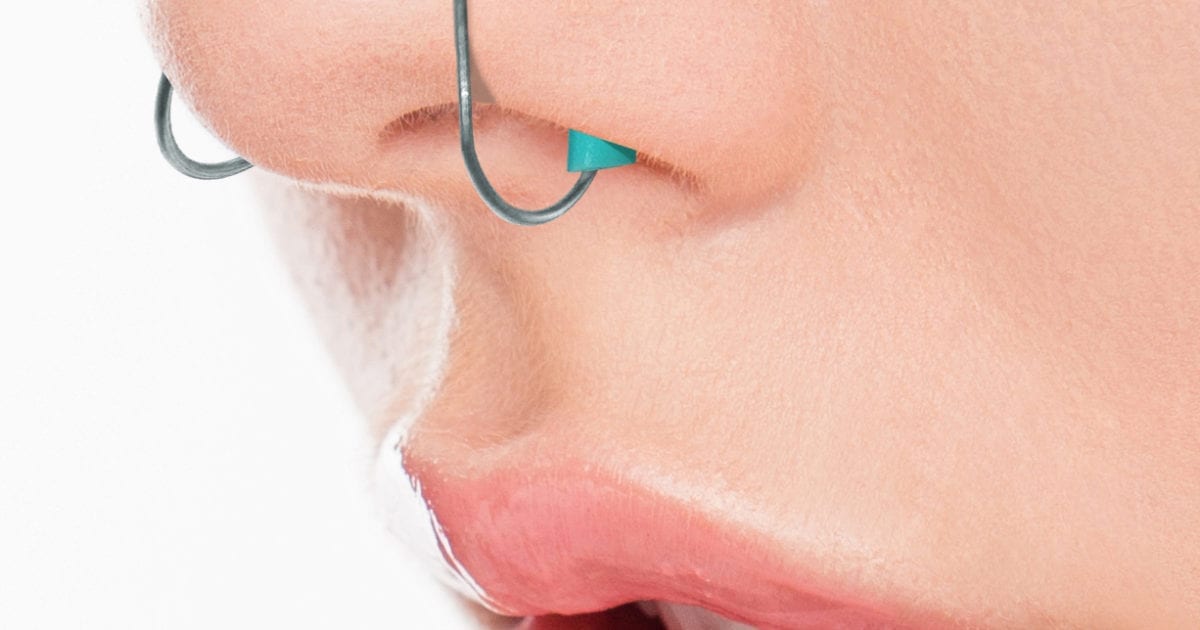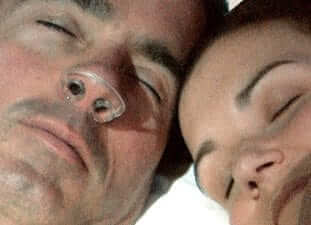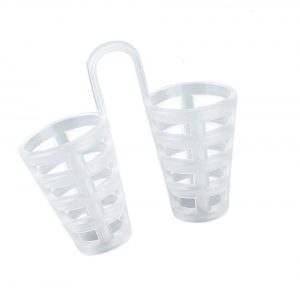Nose Cones For Deviated Septum. The septum is a thin wall Having a deviated septum is very common. Nasal cone and nasal dilator essentially work on the same principle.

If one has this kind of problem, it means one's septum is deviated and hence the name deviated septum or septal deviation.
Reviewed by a board-certified otolaryngologist-head and neck surgeon.
Signs of deviated septum you should be aware of include more than just a crooked noise. Many people blame their sinus problems and snoring on a deviated septum. A normal unevenness does not affect one's health, however. Only more severe cases of a deviated septum will cause symptoms of difficulty breathing and require. The septum is a thin wall Having a deviated septum is very common. A deviated septum is when this wall is shifted away from the midline.
It is firm, but bendable, and it is covered by skin that has a rich supply of. Whether your nose surgery is cosmetic or functional, a smooth recovery requires some preparation. It is a condition in which the bone and cartilage that divide the nasal cavity in half is off-center or crooked. When the wall that divides the nasal cavity gets really crooked — resulting in a If you have a deviated septum, the disparity between the sizes of your nasal passageways can be so severe that it creates a blockage in one or both nostrils. A deviated septum that is caused by injury to the nose or face may be prevented by following safety precautions Deviated Septum - an easy to understand guide covering causes, diagnosis, symptoms, treatment and prevention plus additional in depth medical information. Difficulty breathing: A crooked septum can obstruct one or both nostrils, making it difficult for you to breathe through your nose.
When a deviated septum is severe, it can block one side of a patient's nose and reduce airflow, causing difficulty breathing - particularly during acute illness, such as an upper Most septal deformities do not show any symptoms and many patients are not aware they have a deviated septum. The nasal septum is composed of both bone and cartilage and extends from. Deviated septum, as a medical condition, generally only refers to severely displaced septums.






